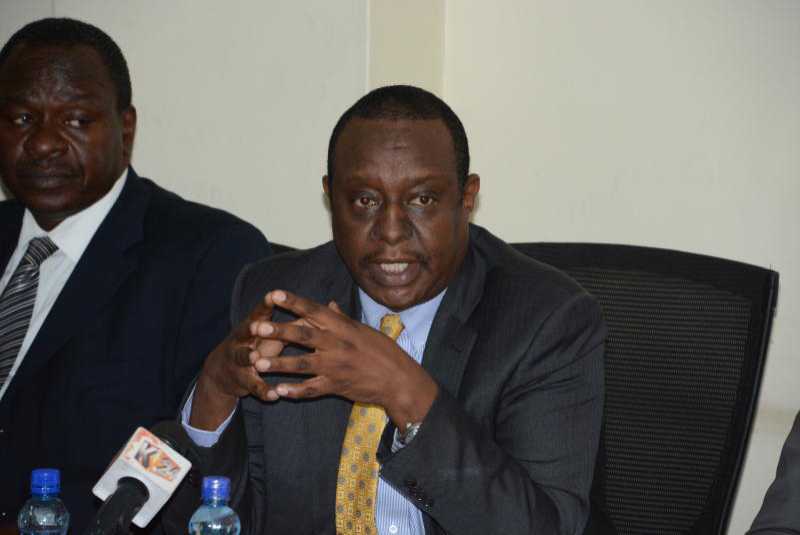×
The Standard e-Paper
Home To Bold Columnists

Treasury CS Henry Rotich when he appeared before the National Assembly Finance Committee on audit queries at County Hall, Nairobi on Tuesday 03/07/18. He has always maintained that country's debts are manageable.[Boniface Okendo,Standard]
Picture a small startup company emerging within the city of Nairobi. The directors of the said company are your typical young Kenyan guys; ambitious to the core, relentless and determined to make an honest living by meeting the needs of their prospective clients.